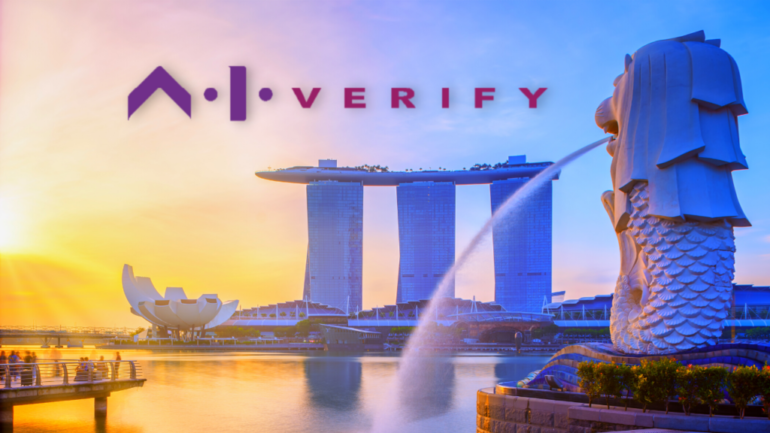TL;DR:
- Microsoft joins the AI Verify Foundation, an open-source community promoting responsible AI use.
- The foundation, launched by Singapore’s Infocomm Media Development Authority, now includes over 50 general members, including Adobe, Meta, and Singapore Airlines.
- Singapore recognizes the government’s active role in the AI revolution and aims to establish a shared understanding of responsible AI use.
- The AI Verify Foundation focuses on developing AI testing frameworks, standards, and best practices while encouraging open collaboration.
- Microsoft emphasizes the need for responsible AI practices and commends Singapore’s leadership in this area.
- The foundation’s work includes exploring generative AI risks and identifying key challenges such as mistakes and hallucinations, privacy concerns, disinformation, copyright challenges, embedded bias, and values alignment.
Main AI News:
In a move that underscores its commitment to responsible artificial intelligence (AI) practices, Microsoft has joined forces with the AI Verify Foundation. This foundation, recently introduced at the Asia Tech x Singapore conference, serves as an open-source community dedicated to promoting the development of testing tools for the responsible application of AI.
Among the seven premier members of this esteemed foundation, Microsoft stands as a key contributor. Initially launched as a pilot project by the Singapore Government’s Infocomm Media Development Authority in 2022, the AI Verify Foundation is now open to the wider open-source community. With more than 50 general members already onboard, including notable organizations like Adobe, Meta, and Singapore Airlines1, the foundation holds significant potential for driving positive change.
Josephine Teo, Singapore’s Minister for Communications and Information, expressed her vision for harnessing the immense potential of AI to serve the greater good. “The full realization of AI’s potential,” she remarked, “can only be achieved when we establish a shared understanding of its responsible use to benefit wider communities.” Highlighting the shifting role of the government, Teo emphasized that Singapore no longer solely functions as a regulator or experimenter but actively participates in the AI revolution.
The AI Verify Foundation will spearhead the development of AI testing frameworks, code bases, standards, and best practices. Furthermore, it will foster open collaboration to establish effective governance of AI initiatives. By leveraging the collective expertise and insights of its members, the foundation aims to build trust in AI technology and ensure its equitable distribution.
Brad Smith, President and Vice Chair at Microsoft, underscored the importance of responsible AI development and deployment. “To instill trust in AI and ensure its widespread benefits,” he stated, “we must commit to responsible practices throughout its lifecycle.” Smith applauded the Singapore Government’s leadership in this domain and praised their efforts in providing practical resources, such as the AI Governance Testing Framework and Toolkit, to organizations. By incorporating principles of fairness, safety, and fundamental rights, these resources empower entities to establish robust governance and testing processes.
The foundation has already made significant strides in its pursuit of responsible AI practices. Notably, the collaboration between IMDA and Aicadium has produced a thought-provoking paper titled “Generative AI: Implications for Trust and Governance.” This comprehensive study explores foundational AI models, emerging risks associated with generative AI, and strategies to strengthen existing AI governance frameworks. Among the key risks identified are mistakes and hallucinations, privacy and confidentiality concerns, disinformation, copyright challenges, embedded bias, and issues related to values and alignment.
Conclusion:
Microsoft’s collaboration with the AI Verify Foundation demonstrates its commitment to responsible AI practices. This partnership, along with the involvement of other notable organizations, signifies the growing importance of promoting ethical AI use. The foundation’s efforts to develop testing tools and establish governance frameworks align with the market’s increasing demand for transparency and accountability in AI technologies. By working together, these entities aim to foster trust and ensure the equitable distribution of AI’s benefits, ultimately shaping a future where AI is harnessed for the greater good.

